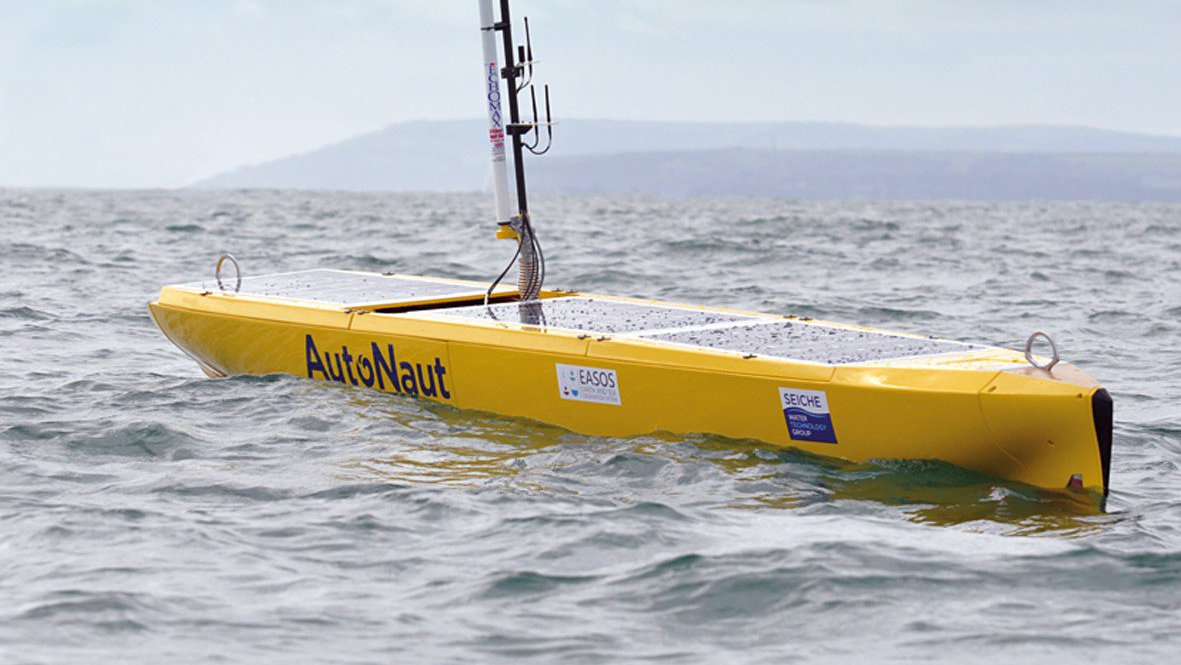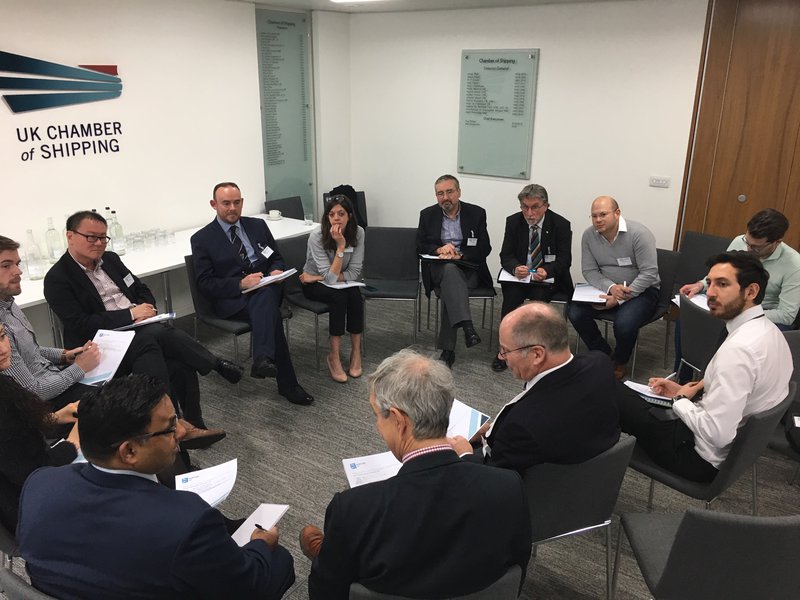Facing the future: ensuring the maritime sector meets the challenges of the digital age

The maritime sector faces many challenges in the coming years and the fourth industrial revolution – involving emerging technologies such as artificial intelligence, biotechnology, the Internet of Things and autonomous vehicles, among others – will shape how the industry evolves.
As part of the Maritime Futures programme, Maritime UK, in partnership with BMT, held a workshop on 23 November at 30 Park Street, London, where several leading figures in the sector discussed some of these challenges. Maritime UK's Chairman, David Dingle of Carnival UK opened proceedings by saying: "This ambitious programme will ensure that our companies are best-placed to prepare and shape that future, while demonstrating the UK’s position in world-leading maritime thought-leadership and research.”

Richard Westgarth, Head of Campaigns at BMT, outlined the impact the fourth industrial revolution may have on the maritime sector. He said that this will be unlike anything we have experienced before and will develop much quicker than previous industrial revolutions. It will also impact across the whole of the maritime sector – not just ships but also the service industry and the infrastructure that supports them.
Master Mariner Capt Eero Lehtovaara, AFNI, Senior Vice President, ABB Marine & Ports, agreed that advancing technology will be felt across the entire supply chain, adding that innovations such as blockchain advancements will play a crucial role in near future trade.
Lehtovaara also talked about the current direction of technology advancement within ABB, highlighting that the maritime sector “has only just recovered for the transition from sail to steam.” He added that ABB is developing systems that interact with humans better than ever before.
Ade McCormack, founder of the Digital Readiness Institute and an adviser on the digital economy, expanded on how the digital age will change how businesses work. He said that this industrial era, for all its benefits, it has relied on humans behaving as process-driven machine components but that is changing as we enter the digital age.
Ade highlighted how business models, talent, leadership, culture and risk management are all evolving and that businesses need to adapt to succeed. Organisations that recognise this reality and take action will thrive, despite the unheralded uncertainty and volatility we are experiencing in the sector.
While technology is developing quickly, human resources remain just as crucial to businesses, as Wilson Wong, Head of Insight & Futures, at the Chartered Institute of Personnel and Development and a Strategist in applying futures and research methodologies to support strategic thinking for organisational resilience, explained.
Wong said that human resource should be renamed ‘talent management’, to reflect the changing nature of the workforce. Training should also change, he added. While businesses currently train to a hierarchy, it should instead to be keep up with innovation cycles, which are becoming quicker as technology advances. The industry also needs to do more to understand what motivates the workforce of the future to attract the best people to the new roles that are opening up. Human resource should also have a voice at the top level of control of every business, he added.
However, changes within the regulation of training standards in the sector are not keeping pace with the speed of innovation currently taking place and is at least 10 years behind, according to Westgarth. He added that the industry is not addressing this issue, and this is holding progress back.
Maritime UK has tried to bridge specific gaps in maritime regulation and technological reality by producing the Maritime Autonomous Service Ships Industry Code of Practice – with a particular focus on training and skills.
The workshop was a good start in understanding what the future might look like, and what UK industry needs to do to prepare. To help Maritime UK develop the output from the workshop, please take the time to fill in this quick survey.
In the chair, Bill Walworth of the Maritmie Skills Alliance and Trinity House said that output from the programme will inform the work of the Maritime UK People & Skills Forum, industry's response to Maritime 2050 and feature in the 'State of the maritime nation' report 2019.
